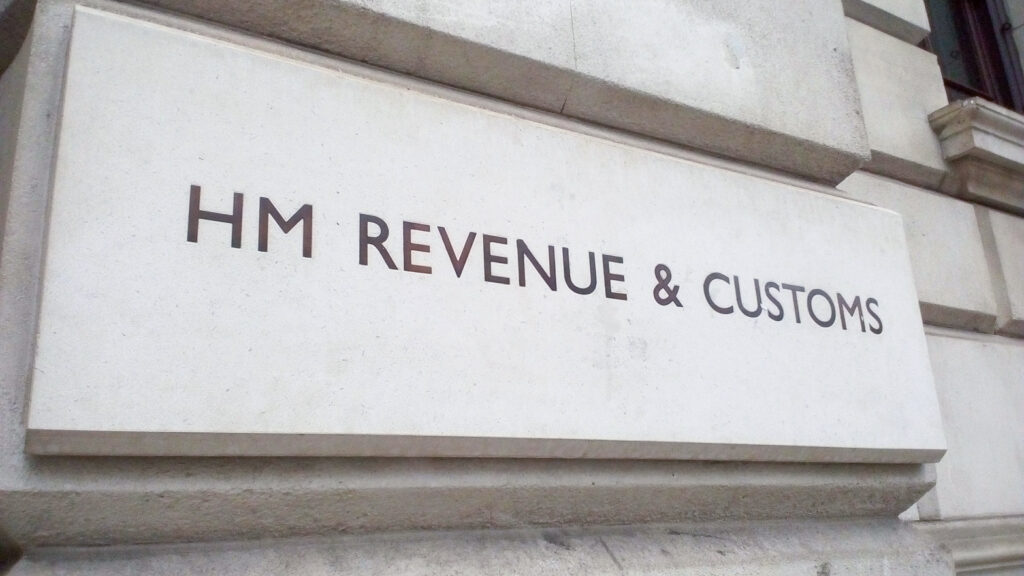The involvement of new tax units has dramatically increased HMRC’s capacity to launch enquiries into R&D Tax claims.
The number of enquiries HMRC is conducting into R&D Tax Relief claims continues to grow at an alarming rate.
For companies that submit claims that include ineligible costs and projects, the risks have never been greater.
The danger of enquiries
In case you’re unfamiliar, an HMRC R&D enquiry or compliance check is an investigation into whether an R&D Tax Relief claim is wholly or partially ineligible for funding.
Enquiries are bad news. They delay funding by several months and are highly time-consuming, which is why many companies choose to seek help from an Enquiry Defence specialist like GrantTree.
HMRC finding something amiss can result in a significant claim reduction and long-term damage to a company’s reputation and relationship with the agency.
A damaged reputation means future submissions may receive more scrutiny, potentially leading to more compliance checks.
The surge in enquiries is part of a wider effort to improve compliance among R&D Tax Relief claimants and protect the scheme from fraud.
This effort includes the introduction of the additional information form (AIF) which requires applicants to provide HMRC with detailed technical and financial data about their development work in order to claim R&D Tax Relief.
The AIF is designed to make it much easier for HMRC to identify suspicious submissions.
HMRC calls in reinforcements
One of the reasons HMRC is now able to launch many more enquiries is that it has recruited a number of internal teams to conduct investigations.
Historically, only the R&D Tax Unit has been able to hold enquiries.
Now, companies may have their claims cross-examined by the Small Business Unit, the Medium Business Unit, and, most menacingly of all, the Fraud Investigation Service Unit (FIS), a team which pursues criminal fraud.
While intimately familiar with corporate tax legislation, these units are less au fait with the technical concepts and ideas underpinning development work.
As a result, enquiries handled by these units may take longer to reach completion, causing bigger delays.
Keeping your company safe
Fundamentally, HMRC now has a far greater ability to pursue claims it suspects contain ineligible costs or projects.
If you don’t want to give the agency an excuse to deploy this newfound capacity, you must do two things.
One: ensure your claim is 100% compliant with the R&D Tax Relief’s rules and regulations, including those coming into force this year.
Two: put your compliance beyond down by structuring your claim clearly, with a detailed breakdown of costs and a technical report that explains why each project satisfies BEIS’ guidelines for qualifying R&D for tax purposes.
You can read the guidelines here. For a more digestible version, check out our article on HMRC’s definition of qualifying R&D.
You’ll also find more tips for avoiding compliance checks here.
Let GrantTree protect your reputation
The easiest way to avoid an enquiry and protect your company’s reputation while realising your full funding entitlement is to work with an experienced R&D Tax specialist like GrantTree.
Over the last 12 years, our tax and PhD-level technical experts have successfully filed and defended over 2,000 R&D Tax Relief claims, unlocking more than £350 million for innovative UK businesses.
To get help ensuring your next claim is 100% compliant, just get in touch.




